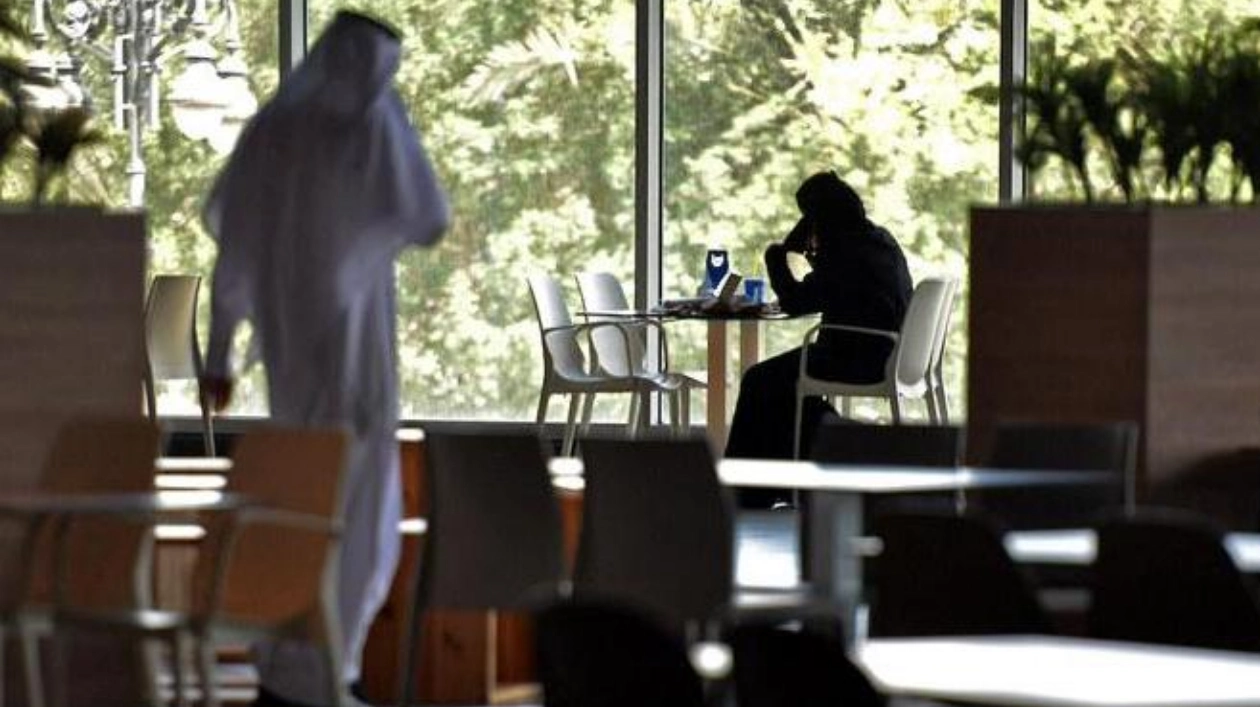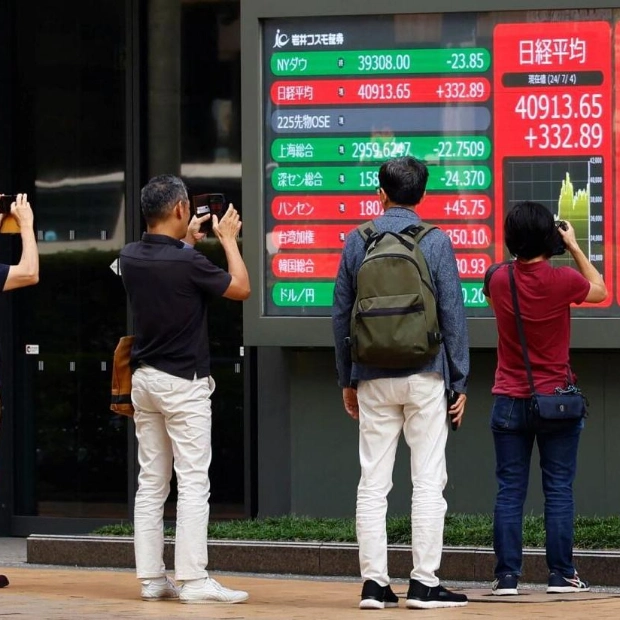RIYADH: Saudi Arabia’s startup ecosystem is experiencing a significant transformation, fueled by attractive valuations and a surge in early-stage investment activity.
The Kingdom is emerging as a leader in venture capital funding across the Middle East and North Africa region, with government-backed initiatives, economic reforms, and digital transformation playing crucial roles.
As valuations, once inflated by substantial capital inflows, adjust to more reasonable levels, early-stage rounds are becoming particularly appealing to both regional and international investors.
In the first half of the year, 84 percent of total transactions in Saudi Arabia came from early-stage investments, up from 82 percent in the previous 12 months, with series A transactions increasing to 14 percent from 10 percent, according to venture data platform MAGNiTT.
In an interview with Arab News, Tushar Singhvi, deputy CEO at Crescent Enterprises, said that the current state of valuations in Saudi Arabia reflects a “dynamic period of growth.” He acknowledged that while some valuations had become “excessively high” due to the substantial influx of venture capital, they have since moderated, offering more “reasonable levels,” which in turn create “attractive opportunities for investors.”
Saudi Arabia led the MENA region in venture capital funding during the first half of 2024, with a total of $412 million, Singhvi highlighted. “Additionally, foreign investments in Saudi Arabia rose by 12 percent year-on-year to $640 billion by the end of 2023, highlighting sustained investor confidence,” he added.
Bundeep Singh Rangar, CEO of Fineqia and managing partner of Glass Ventures, emphasized that Saudi Arabia’s startup ecosystem is showing resilience. “While the broader MENA region has seen a decline in venture capital funding, Saudi Arabia’s ecosystem remains resilient,” he said, noting that even with a slight year-on-year dip in funding, investor confidence remains high, particularly in sectors like fintech and e-commerce.
Several key factors have driven investors’ increased interest in early-stage rounds in Saudi Arabia. Singhvi points to the Kingdom’s “vast market potential” supported by Vision 2030, which has catalyzed a wave of innovation and entrepreneurship. Significant government support, such as initiatives from Monsha’at and the Public Investment Fund, have played a crucial role, while infrastructure spending has created new opportunities across multiple sectors.
Rangar also highlights the impact of Vision 2030, noting that the government’s proactive efforts, including initiatives like the LEAP conference where billions are being invested in tech, are creating fertile ground for early-stage investments. He said: “The growing demand for technology-driven solutions in sectors like fintech, coupled with an 83 percent year-on-year rise in non-mega funding, makes early-stage investments particularly attractive to both local and international investors.”
One significant outcome of these more attractive valuations is the potential for increased mergers and acquisitions activity within Saudi Arabia’s startup ecosystem. Singhvi predicts “unprecedented growth” in the M&A market, noting that Saudi Arabia led the Middle East in M&A activity in the first quarter of 2024 and is projected to reach a transaction value of $4.8 billion by year-end.
The trend of appealing early-stage rounds is likely to continue, according to both Singhvi and Rangar. Singhvi emphasized that Saudi Arabia’s commitment to Vision 2030 creates a “stable and supportive environment for startups,” particularly in key sectors like fintech, e-commerce, health tech, ed tech, and renewable energy, which are expected to continue attracting significant investment.
Positivity about the future of Saudi Arabia’s startup ecosystem is shared widely among investors, according to both Singhvi and Rangar. “There is strong optimism about the future of the Saudi startup ecosystem among investors,” Singhvi said, highlighting the growing sophistication of the ecosystem.
Comparatively, Saudi Arabia is surpassing other MENA markets such as the UAE and Egypt in terms of venture capital funding. “It has more than 8,400 startups, of which two have already become unicorns – startups with a valuation exceeding $1 billion – namely stc pay and Tamara. While the UAE remains a strong competitor with a higher number of transactions, the gap in funding between the two has widened, with Saudi Arabia securing a larger share of the region’s total funding,” Rangar said.
Crescent Enterprises, for its part, sees the Saudi market as a hub of significant opportunity. Singhvi explained that the firm is actively exploring investment opportunities across sectors and has already established a strong presence in the Kingdom.
Source link: https://www.arabnews.com






